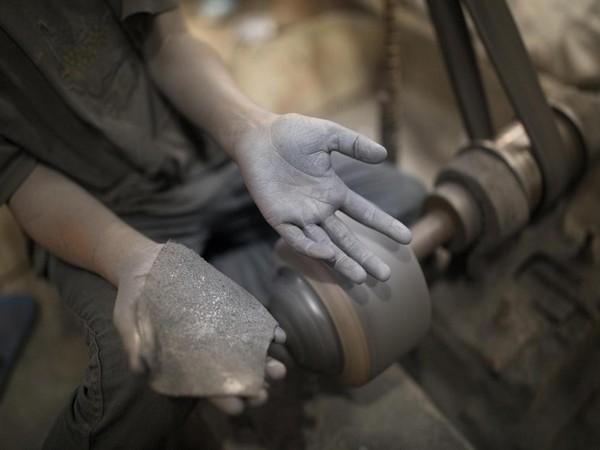Lahore [Pakistan], September 4 (ANI): The Human Rights Commission of Pakistan (HRCP), in a recent report, highlighted the concerns and issues faced by daily wage workers in Pakistan.
The report claimed that the labour class in Pakistan continues to remain unaware of their employment rights, which employers often take advantage of.
The 38-page HRCP report titled ‘Seeking Redressal Access to Justice for Vulnerable Workers’ revealed that the chain of justice remains biased and unaffordable even when a daily wage worker decides to fight.
The report closely monitors the case of Zafar, a former generator operator who lost his job without prior notice and has struggled to seek legal redressal.
In a post on X, the HRCP stated, “Not only are most workers unaware of the rights to which they are entitled under Pakistan’s labour laws, but most simply do not know how to seek redressal when these rights are violated by employers.”
https://x.com/HRCP87/status/1830579242578399564
The report was based on a survey of workers in Multan, Lahore and Peshawar. Reportedly, the study finds that the lack of a separate cadre of the judiciary to preside over labour courts, compounded by judges’ limited capacity to adjudicate in such disputes, and ineffective labour unions have left many workers disillusioned about their ability to seek justice.
According to the statement of the HRCP, “Labour inspections remain infrequent, even minimal, while labour inspectors’ very limited authority to penalise violators of labour rights and laws and loose definitions of the minimum wage (exploited by many employers) mean that urgent reforms are needed to provide respite to vulnerable workers.”
The report mentioned that “Despite an established body of evidence regarding the lack of registration of workers, the situation does not seem to be changing. A vast majority of workers, even in the formal sector, do not have formal contracts and are thus not entitled to crucial benefits provided under labour laws, such as social security.”
Additionally, workers across provinces, particularly Khyber Pakhtunkhwa, lack awareness of their rights, applicable labour laws and the legal minimum wage. There is also a lack of understanding of complaints and redressal mechanisms.
In many instances, workers lose motivation or become overwhelmed by the litigation processes and associated expenses. They do not receive adequate support and are assigned poor legal representation– lawyers offering their services pro bono are often also short of time or not well-versed in labour laws to pursue such cases effectively.
The state must strengthen the district legal empowerment committees and the newly established Legal Aid and Justice Authority to assist workers and provide legal aid, the HRCP report mentioned. (ANI)
Disclaimer: This story is auto-generated from a syndicated feed of ANI; only the image & headline may have been reworked by News Services Division of World News Network Inc Ltd and Palghar News and Pune News and World News
HINDI, MARATHI, GUJARATI, TAMIL, TELUGU, BENGALI, KANNADA, ORIYA, PUNJABI, URDU, MALAYALAM
For more details and packages
















